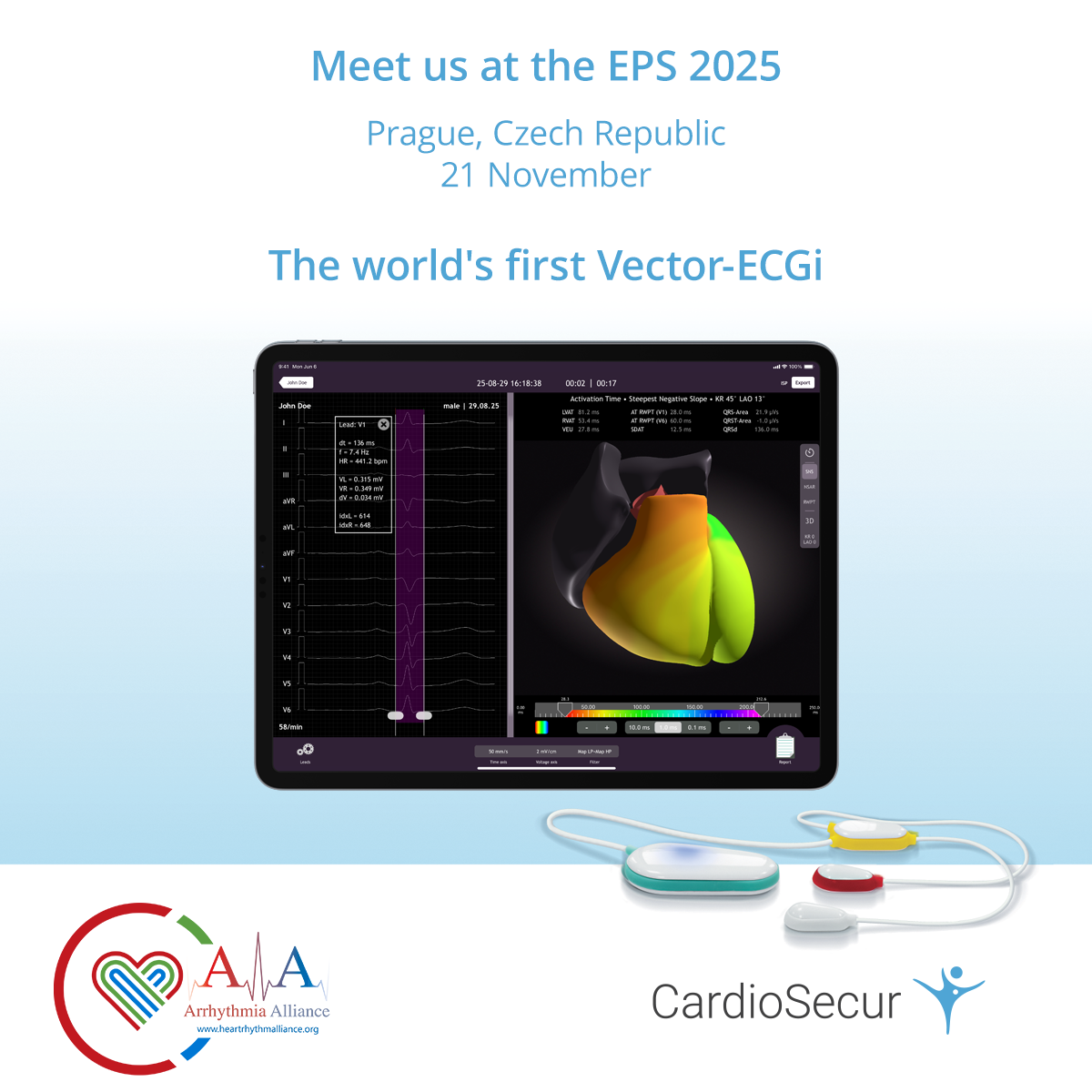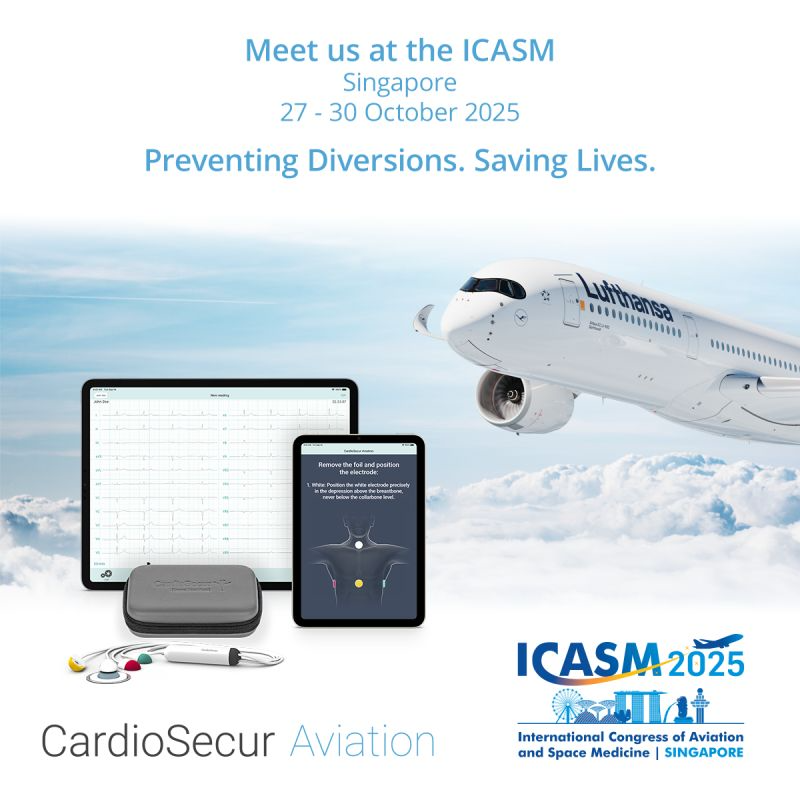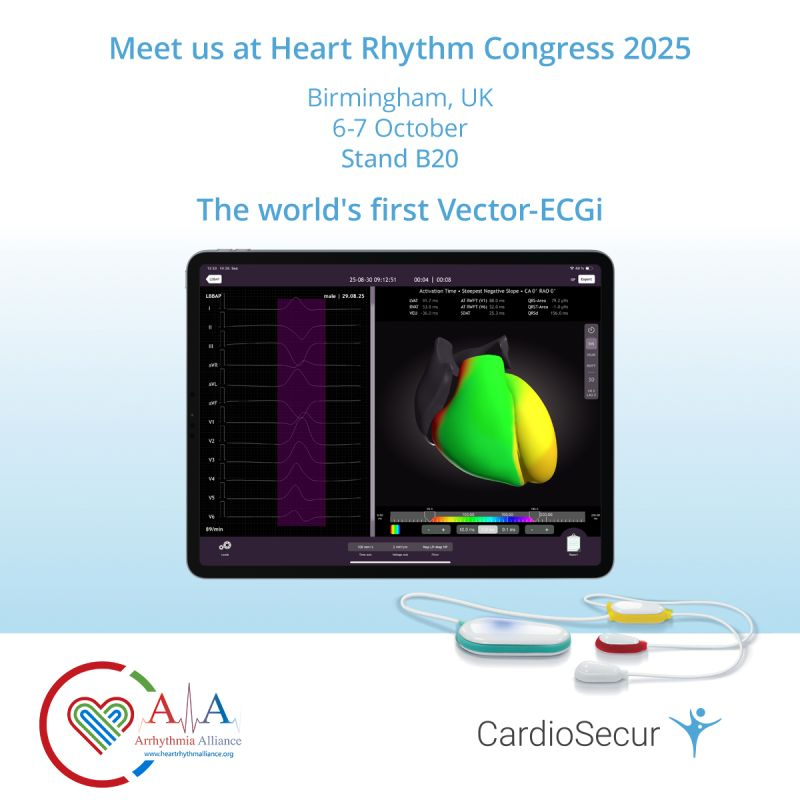
Beer Can Trigger Arrhythmias
May 30th, 2017
Beer causes not only the head to spin and stumble, but the heart as well. In 2015, a study from the University Clinic in Munich examined 3,028 Oktoberfest visitors. The average age of those studied was 35 years old, with one-third being women. An ECG and blood alcohol level were measured in each participant. The blood alcohol level was between 0 and 3 permille, with the average being 0.84.
The result of the ECG readings: 30.5% of beer tent visitors had acute rhythm disturbances, with 26% being sinus tachycardia. This arrhythmia involves an elevated heart rate (greater than 100 beats per minute). The number of rhythm disorders increased along with the quantity of alcohol consumed. Each additional permille increased the risk of a heart rhythm disorder by 75%. These results apply not only to beer, but to all types of alcohol.
Alcohol causes the blood vessels to expand, leading to a drop in blood pressure. An extrinsic feature of this is flushed cheeks. The body increases the heart rate to maintain a steady blood pressure. This is noticeable via a racing heart or perspiration.
When acute heart rhythm disturbances such as atrial fibrillation present after an alcohol-filled weekend, medical professionals call this “holiday heart syndrome.” This syndrome occurs more frequently in the summer, when the higher temperatures lower the blood pressure and dilate the vessels. Mixing alcohol and popular energy drinks also increases the risk.
In general, the risk of suffering from heart failure increases with each gram of alcohol that one drinks throughout his lifetime. If additional conditions such as high blood pressure are present, the heart muscle fatigues at an even faster pace. The heart increasingly loses its power to pump and threatens to fail. Alcohol should only be consumed in moderation—one glass of wine or beer per day at most.
Learn more about heart rhythm disorders and how CardioSecur can help at Why CardioSecur Active?



